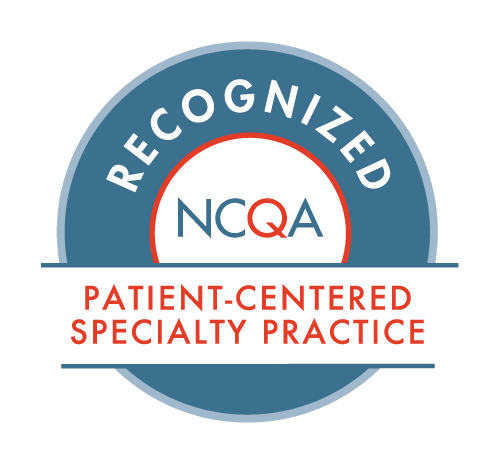Carotid Artery Disease: Mitigating the Risk of a Stroke
- Posted on: Jul 19 2024
An estimated 30% of strokes are caused by blockages in the carotid artery. Understanding the causes of carotid artery disease may help you reduce your risk for stroke—especially if you already meet other risk factors.
Here’s a closer look at risk factors and treatments for carotid artery disease and how to contact Hunterdon Cardiovascular Associates when it’s time to see a cardiologist.
What Is Carotid Artery Disease?
Carotid artery disease occurs when fatty deposits called plaques clog the blood vessels that deliver blood to the head. Clogged blood vessels can prevent blood, oxygen, and nutrients from reaching the brain, which may cause an ischemic stroke.
In the U.S., ischemic strokes represent about 87% of all strokes. Every 40 seconds, someone in the U.S. has a stroke.
Reducing your risk for carotid artery disease may help you avoid stroke. Carotid artery disease usually develops slowly over time, which means taking the right steps now can help you stay healthy.
Who Is at Risk for Carotid Artery Disease?
Carotid artery disease may be caused by any one or a combination of factors. Many risk factors are lifestyle-driven, which means changing certain behaviors may go a long way toward reducing your risk.
Risk factors for carotid artery disease include:
- Smoking and tobacco use
- Alcohol use
- Recreational drug use
- Obesity and excess weight
- High blood pressure
- High cholesterol and triglycerides
- Diabetes
- Sleep apnea
- Older age
- Family history of atherosclerosis, coronary artery disease, or stroke
- Trauma to the neck
- Radiation therapy to the neck
What Treatment Options Are Available?
Treatment for carotid artery disease depends on factors including your age, the severity of the blockage, and whether the blockage is causing symptoms.
Carotid artery disease treatment options include:
- Healthy lifestyle changes. These will slow the buildup of plaque in blood vessels. Lifestyle changes may include quitting smoking, reducing your alcohol intake, or exercising regularly to lose excess weight.
- Medications. These will help you manage other health conditions such as diabetes, high cholesterol, and high blood pressure.
- Carotid endarterectomy. This surgical procedure involves cutting along the front of the neck to access the affected artery and remove the plaques blocking blood flow. For expert evaluation and treatment, consult Dr. Herman Maeuser, a vascular surgeon at Hunterdon Cardiovascular Associates, who is board-certified in carotid endarterectomy.
- Carotid angioplasty and stenting. This surgery involves using a catheter to implant a tiny balloon at the site of the clog, which is then inflated to widen the artery. A stent is placed to keep the artery widened.
Can Carotid Artery Disease Be Prevented?
It is possible to prevent carotid artery disease even if this condition runs in your family. Prevention begins with healthy lifestyle behaviors.
Steps you can take to reduce your risk for carotid artery disease or slow its progression include:
- Never smoking or quitting if you currently smoke
- Limiting alcohol use or abstaining completely
- Maintaining a healthy weight or losing excess weight
- Exercising regularly
- Eating healthy, nutritious foods, such as fruits, vegetables, and whole grains
- Reducing your salt intake
- Managing chronic conditions, such as diabetes and high blood pressure
If you meet risk factors for carotid artery disease, your provider or cardiologist can work with you to change your lifestyle. Your provider can also help you choose the right treatment option.
Contact Hunterdon Cardiovascular Associates at (908) 788-1710 if you think you may be at risk for carotid artery disease. We can evaluate your condition and discuss your available treatment options.
Posted in: Uncategorized



